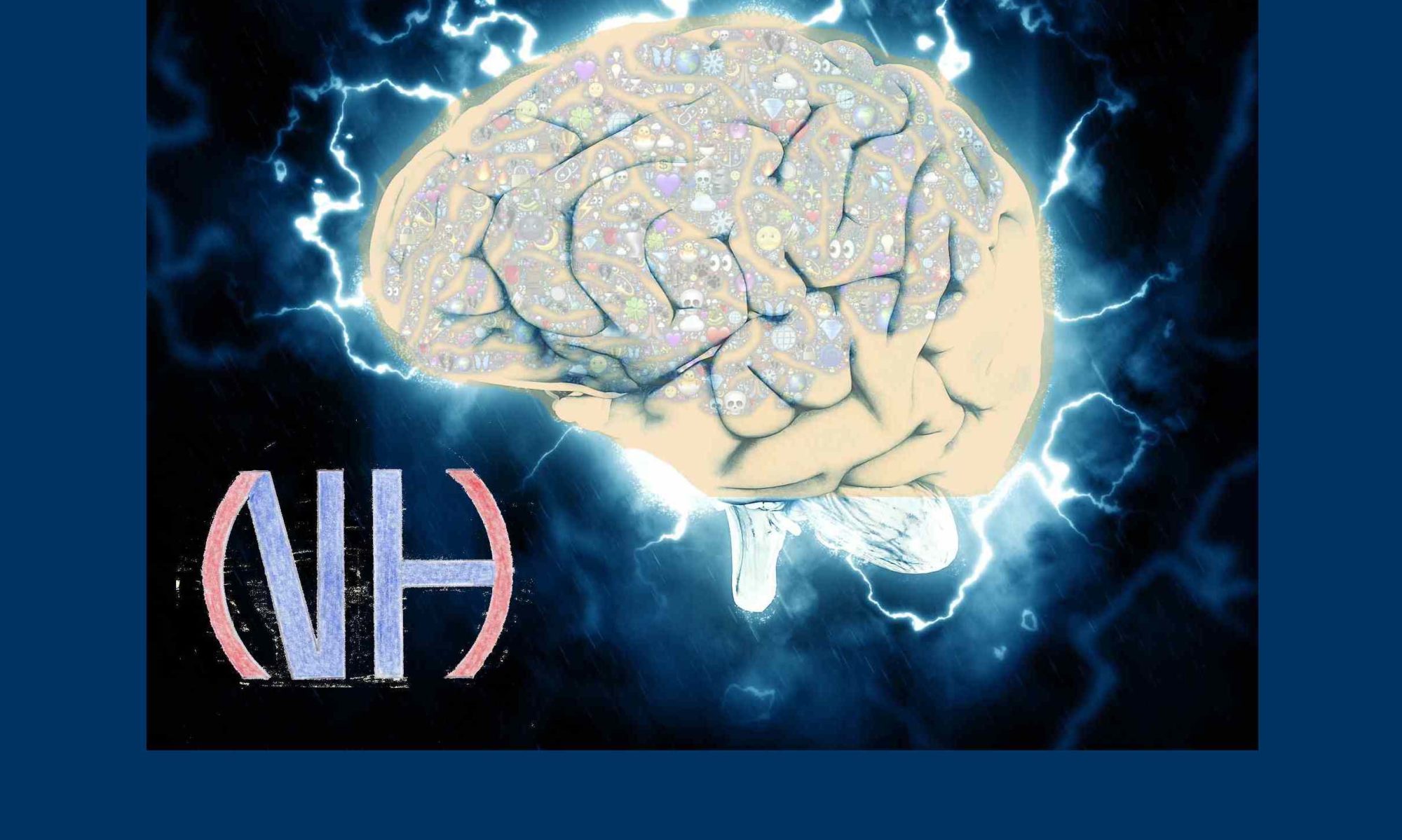
Google announced this summer an interesting update on Google Docs during the Google Cloud Next ’18 conference: from now on you will benefit from not only a spell-checker, but also a grammatical one! 1
The operation of the device is simple: when a possible grammatical mistake is detected, the portion of sentence is highlighted in blue. By right-clicking it, you can then accept one of the displayed proposals, or to refuse them all. You can also write your whole text and then correct all the faults using the “Tools” menu.2
We have to highlight there that if the result is as high as the expectations, it will be a huge progress in the field of natural language processing. Indeed, to build a spell-checker is not very complicated in itself: you just have to use a dictionary for that. If the program knows in which language you write (and computers manage to detect the dominant language of a document from its first written words), it loads the corresponding dictionary and compares all the words with this dictionary to know if what you write is correct or not. Well, OK, in practice, it is a little more complicated: it is necessary to be interested in the formal rules of agreement, but as these rules are formal, computers are rather good doing this job nowadays, as you can check by yourself using any office equipment.
But there, that goes farther: the detection of faults of structures in sentences requires that the machine has a good understanding of the language. Bye the bye, that’s the reason why Grammar Suggestions will use machine learning to progress. You can moreover volunteer to teach the program by making a request for Google and by using a beta version on Google Docs.3
At the end, when Grammar Suggestions will have grown up a little bit, it will write better than us…
Go further / usefull links
Notes
1■ Article taken from the Journal du geek, “Google Docs se dote d’un correcteur grammatical basé sur l’intelligence artificielle“, 18/07/25.
2■ Article from the G Suite Updates blog (Google), « New grammar suggestions in Google Docs launching to Early Adopter Program », 18/07/24.

